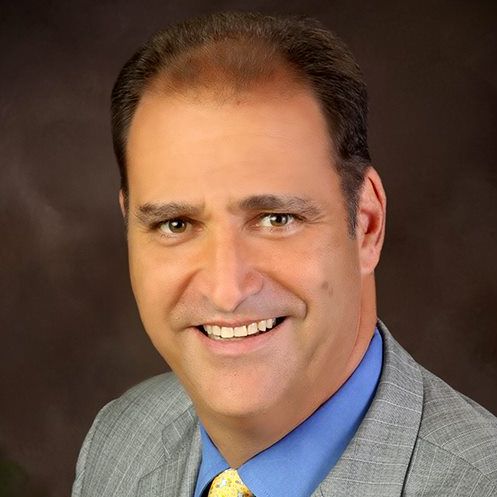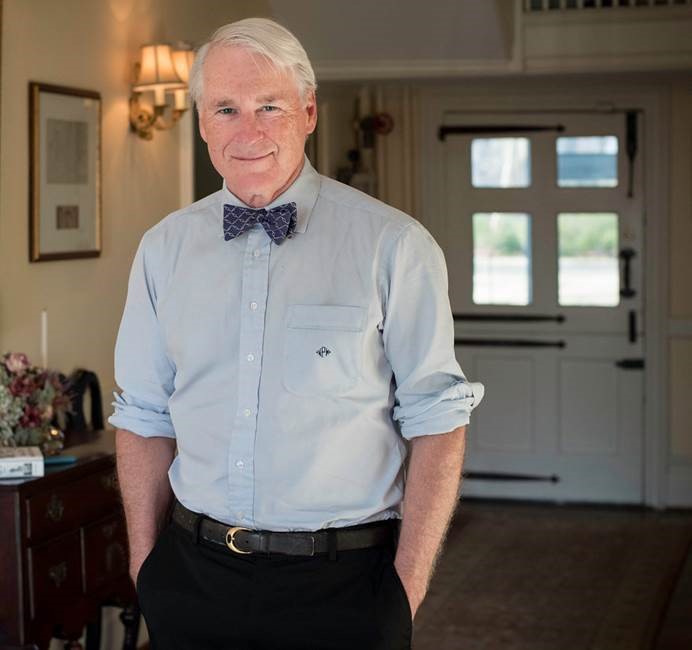Checking in with Glatt and Platt
Listen to audio version of this article

A few months after being sworn-in, Gov. Phil Murphy named two “czars” to help towns and school districts reduce property taxes by sharing services.
Since then, the governor has made little mention of the czars in his two major speeches of the year – the state of the state in January and the budget address last week.
That doesn’t bother the two men with the impressive-sounding title, Republican Nicolas Platt and Democrat Jordan Glatt, both of whom I met Wednesday for lunch in Green Village, Morris County.

Platt has no doubts about Murphy’s commitment to the idea, saying that when he asks the governor’s office a question, he usually gets a reply from Murphy himself in five minutes.
Both men are former mayors. Glatt of Summit and Platt of Harding Township. Platt remains a township committeeman and is up for reelection this year.
Some 10 months after their work began at the princely sum of $1 each a year, Platt says things are going well, but is coy about details. He said the men want to leave public announcements of new shared service arrangements to municipal officials,
There’s a probably a good reason for that. The public is more likely to back sharing, say, police with another town if the idea comes from local officials as opposed to state “czars.”
The men see themselves as “facilitators” in helping municipal officials find ways to save money. They spend their time travelling to all corners of the state to discuss ways to combine municipal services with elected officials, residents and influential unions like the PBA. Glatt spoke of 128 “meaningful sit downs,” adding that it’s important to let towns move at their own pace.
Platt said some towns are “very close” to announcing shared service agreements.
Glatt said there seems to be more initial support for combining services somewhat removed from everyday life, like the health department, or animal control office.
But police can be a different matter. Just about anyone who has written about local government in New Jersey has heard residents talk reverently about knowing the cops they see every day. Yet, it is local departments – and many police salaries in excess of $100,000 a year – that help cause the state’s high property taxes. Cracking that nut is not easy.
Platt points to a recent success – the merger of police in Chester Borough and Chester Township. What helped here was the retirement of one of the chiefs when the departments were separate. But just down the road – literally – a sensible proposal for Mendham Borough and Mendham Township to merge police failed a bit more than 10 years ago. A visitor from afar would be hard-pressed to identify discernible differences among all four neighboring towns, which aptly demonstrates the problem.
The “czar” moniker notwithstanding, the men don’t have the power to compel officials to do anything. Some may see that as a fatal flaw.
After all, the notion that New Jersey needs to at least share services among its 565 municipalities and almost 600 school districts is not new. Alan Karcher, a former Assembly Speaker, wrote a book about the issue 20 years ago. Platt says the book is still relevant. That may be a nice endorsement of Karcher’s scholarship, but not of how New Jersey conducts business.
The problem is so obvious, it really needs no explanation. Travel a main road in many counties and you can easily pass through multiple municipalities in a matter of minutes.
Platt told of a superintendent resigning from a small school district, because there really wasn’t all that much to do. Enrollment is decreasing in some of the more rural parts of New Jersey. But instead of exploring ways to share administrative services with another district, Platt said the school board began searching for a new superintendent.
Glatt hopes that bottom line finances will drive local officials away from the altar of home rule. Many officials are reluctant to raise already-high property taxes and they also have the 2 percent state cap with which to contend.
“When there’s no money, that’s the only way you are going to break home rule,” he said.
So, how much money are we talking about saving?
Glatt said we are talking about cutting property taxes statewide by “hundreds of millions” of dollars,
Platt said that Harding and four other municipalities – Madison, Morris Township, Chatham Borough and Chatham Township – merged their municipal courts a few years ago, saving a million dollars in all.
That, as they say, is not chump change.








Leave a Reply